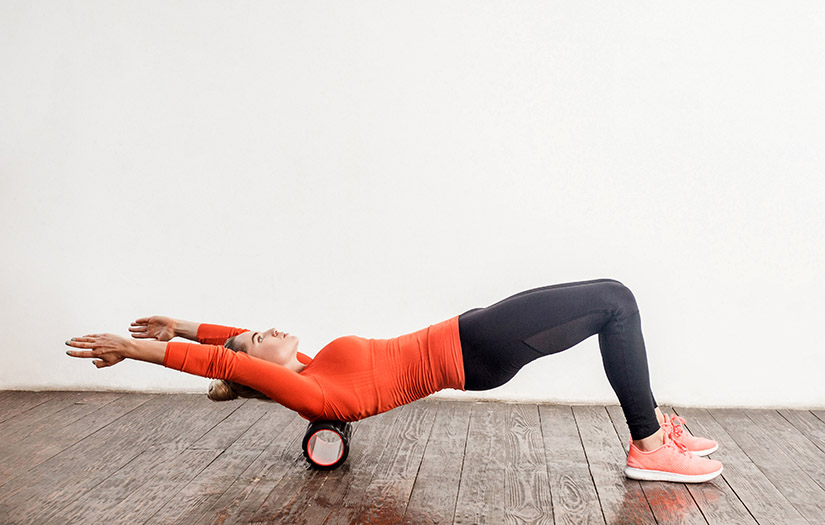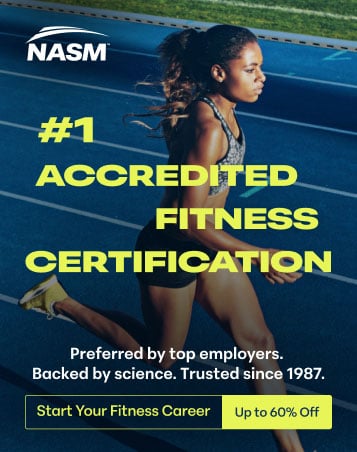See how foam rolling plus a dynamic warm-up affected performance testing results in college athletes.
Journal Article:
Peacock, C.A., Krein, D.D., Silver, T.A., Sanders, G.J. & Von Carlowitz, K.P.A. (2014). An acute bout of self-myofascial release (SMR) in the form of foam rolling improves performance testing. International Journal of Exercise Science, 7(3), 202-2011.
Purpose:
To determine if an acute bout of foam rolling in addition to a dynamic warm-up will improve performance. An acute bout of foam rolling in adjunct with a dynamic warm-up will be compared to an acute warm-up without foam rolling.
Participants:
11 physically active males were chosen. The participants had either previously or were currently competing in division I and division II collegiate athletics.
Procedure:
Subjects participated in two separate experimental conditions separated by a 7 day rest period. The participants began with a 5-minute general warm up which consisted of jogging for 1,000 meters. After the general warm up participants completed the dynamic warm up which was 2 sets of 10 reps or 10 meters of the following:
- Arm circles
- Body weight squats
- Body weight squat jumps
- Sprinting high knees
- Sprinting butt kickers
- Alternating lung jumps
- Alternating log jumps
- Scapular push-ups
- Thoracic rotation
- Clapping push-ups
On the second visit, for the SMR experiment, the participants completed the same jogging warm up. Then, they completed 30 seconds of foam rolling on the:
- Thoracic spine
- Gluteus maximus, medius, and minimus
- Hamstrings
- Calves
- Quadriceps/hip flexors
- Pecs
Following the foam rolling, the participants completed the same dynamic warm up following the same 2 sets of 10 rep scheme that was completed prior.
Performance Measures:
Following the interventions, performance test were completed. These tests included:
- Flexibility—sit and reach
- Power—vertical jump and standing long jump
- Agility—pro-agility test (aka 5-10-5)
- Maximum strength—1 RM bench press
- Speed—37 m sprint
Results:
The data indicated that there were significantly greater performance scores for all the performance measures:
| Vertical Jump | Dynamic = 68 cm | Foam Rolling = 73 cm |
| Long Jump | Dynamic = 229 cm | Foam Rolling = 238 cm |
| Pro-agility | Dynamic = 4.97 sec | Foam Rolling = 4.80 sec |
| 1 RM | Dynamic = 99.9 kg | Foam Rolling = 103.7 kg |
| Sprint | Dynamic = 5.11 sec | Foam Rolling = 4.95 sec |
Conversely, there was no difference in the sit and reach test performance between the two groups.
Discussion:
The results of the study suggest that foam rolling in addition to dynamic stretching can improve power, agility, and strength when compared to dynamic stretching alone. This was the first study to suggest that foam rolling can improve performance, but it was also the first study to include foam rolling with another common modality, dynamic stretching, when testing performance.
I believe the most important take away is to understand that foam rolling is a great tool to assist other tools. It is not best to use in isolation or as the only means to attempt to improve any performance parameter.
















